Planning
Process
Given that the project would generate more than 50MW of renewable energy, Tillbridge Solar is classified as a Nationally Significant Infrastructure Project (NSIP). This means that we need to submit a Development Consent Order (DCO) application to the Secretary of State for Energy Security and Net Zero.

The Secretary of State will appoint an independent Examining Authority to scrutinise the development consent application in accordance with the relevant legislation (the Planning Act 2008). The Secretary of State will ask the Planning Inspectorate (PINS) to run the examination of the DCO application. Following this period of examination, PINS will make a recommendation to the Secretary of State as to whether to grant development consent.
You can read more information about the DCO planning process on the PINS website here.

We are planning to submit our full application to the Planning Inspectorate in 2024. We have been and will continue to work with communities and other stakeholders before this to develop and refine our Scheme in more detail.

Since our statutory consultation closed in July 2023, we have been reviewing all comments and suggestions and are continuing to have regard to this feedback. This has resulted in some minor changes to the draft Order limits which we consulted on as part of a targeted statutory consultation between 14 December 2023 and 25 January 2024.
We will set out a summary of the responses received throughout our pre-application consultation in a Consultation Report, with details on how feedback has shaped and influenced the proposals. This report will form part of our application for a DCO, which we expect to submit in 2024.
You will be able to register your interest in our proposals directly with the Planning Inspectorate, who will then inform you about the progress of our application during the examination process, and let you know about further opportunities you will have to inform and contribute to the planning process.
Latest information on Cumulative Effects can be found in PEI Report Volume I Chapter 17: Cumulative Effects. This summarises our early-stage assessments and will be updated as part of our final Environmental Statement. All PEI Report chapters can be found in our ‘Documents Library’

Indicative timeline
- July 2022
- • Collaboration workshops held with stakeholders
- May to July 2023
- • Statutory consultation
- December 2023-January 2024
- • Targeted consultation
- Q1: 2024
-
• Preparation of DCO Application and associated documents including Environmental Statement
• Anticipated DCO submission - Q2: 2024
-
• 28-day period for acceptance by PINS
• Pre-examination period (estimated to last up to four months), where stakeholders can register as an Interested Party - Q3–Q4 2024
- • Examination period by PINS on behalf of the SoS (estimated to last up to six months). The local community will be able to attend and take part in a series of hearings
- Q2: 2025
- • The panel of inspectors makes its recommendation to the SoS (within three months of the Examination concluding)
- Q3: 2025
- • Decision by the S0S to whether grant development consent (within 3 months of recommendation)
- 2025
- • Earliest construction date
- 2027
- • Earliest operational date




